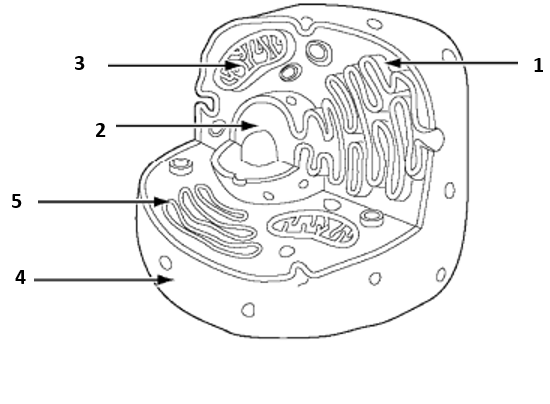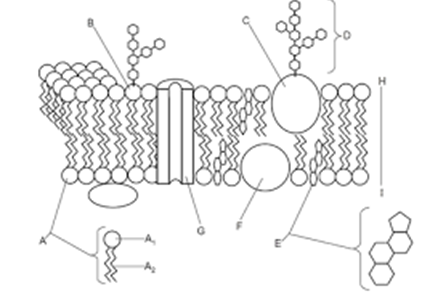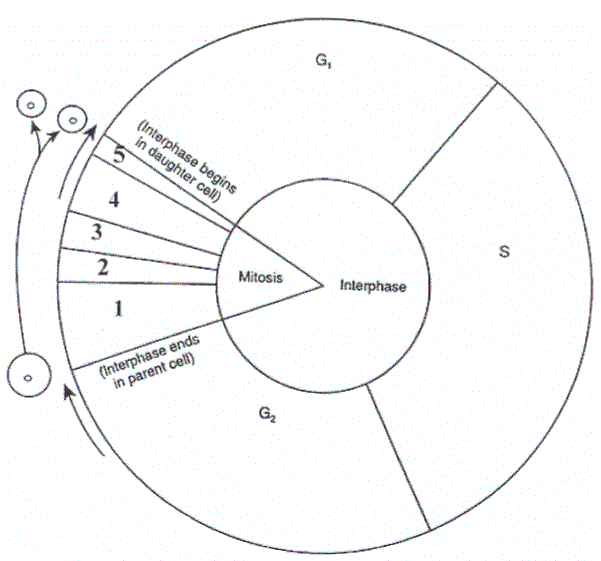True or False Viruses are non-living?
True.
Viruses are not made of cells and cannot reproduce on their own.
What are the four macromolecules groups
Carbohydrates, Lipids, Proteins, Nucleic Acids
Eukaryotes
What type of cell has chloroplast?
Plant cells
Mitosis produces how many identical daughter cells?
2 identical daughter cells
Name one type of organism that uses photosynthesis to make energy for itself
Plants, protists, bacteria.
An example of growth is?
A baby becoming an adult
A tadpole becoming a frog
A sapling becoming a tree
This structure is made of C, H, and O and found in ring structures? Is it a Carbohydrate, Lipid, Protein, or Nucleic Acid
Carbohydrate
True or False:
All cells have: a cell membrane, cytoplasm, ribosomes, and nucleic acids
True
If something does not have these things it is not a cell, and is not considered living.
What is an organelle Eukaryotes have that contains the organisms DNA and is considered the "brain" of the cell.
What is the nucleus
What is the longest phase of the Cell Cycle
Interphase
Photosynthesis happens in what organelle?
The Chloroplast
Over time giraffe's necks have become longer. This is an example of which characteristics of living?
adapttion and evolution
This macromolecule holds the genetic code for organisms
Nucleic Acids
 What about this cell tells you it is a Eukaryote?
What about this cell tells you it is a Eukaryote?
Structure 2 is a nucleus. All Eukaryotes have a nucelus.
What is the function of the below organelle

The structure is a cell membrane.
The cell membrane's function is to control what enters and leaves a cell.
What is the model below depicting (showing)?

The cell cycle
What is the light energy in photosynthesis?
The sun
If we want to know if something is living, how many of the characteristics of living does the thing have to have?
All
Most
One
All of them.
We studied 7.
This macromolecule is made up of:
C, H, O, and N
A protein
You are observing a sample under a microscope. You see the sample has a cell wall and chroroplast. What type of cell can you assume you are looking at?
A plant cell
The mitochondria
In which phase is DNA synthesized (made/replicated) in the cell cycle?
S-phase
Oxygen gas and glucose
Homeostasis is something the organisms systems does automatically (sweats, shivers, etc).
Reaction is something the organism does conciously. Moves indoor, hides, puts on a coat.
Identify the structure and where you can find it in the cell

Lipid, lipid bi-layer of the cell membrane
Name the four things all cells have
Cell membrane, cytoplasm, ribosomes, nucleic acid
A cell that contains, a cell membrane, a nucleus, and a cell wall but no chloroplast could be what type of cell?
Animal, Plant, Fungi, Protist, Bacteria, Archea, amoeba
Fungi
Cytokinesis is the division of what specifically?
The cytoplasm
In which cycle of photosynthesis is oxygen gas produced?
The light dependent cycle. Glucose is produced during the light independent cycle.